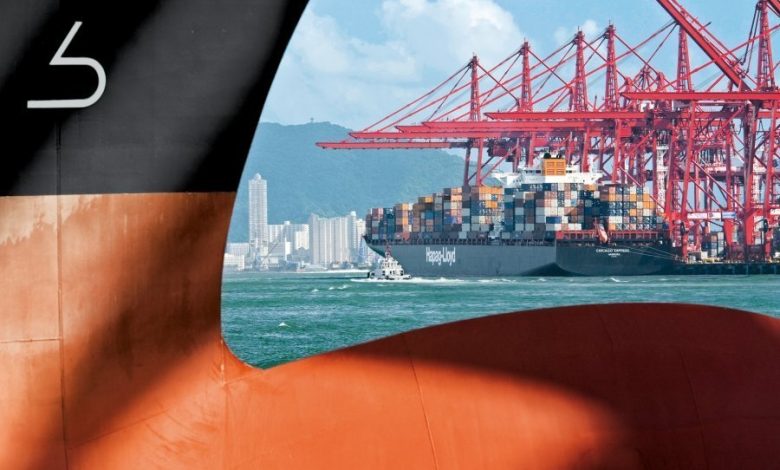Safe harbour for liner cooperation?

Hong Kong’s shipping industry braces itself for new competition law, writes Suzanne Rab, a barrister at Serle Court Chambers in London.
14 December 2015 will be a milestone in Hong Kong’s journey towards a new economy-wide competition law when the 2012 Competition Ordinance (CO) comes into full force. For the shipping sector, the uncertainty over implementation is not over. There remain doubts as to the legality of many forms of co-operation agreement that, up to now, have formed the bedrock of the industry. Rate fixing, vessel sharing, joint scheduling and agreements over services (such as the frequency of sailings, cargo carrying capacity and ports of call) could all risk falling foul of the new rules unless they qualify for exemption.
The First Conduct Rule under the CO prohibits agreements between independent companies – “undertakings” – that have as their object or effect the prevention, restriction or distortion of competition in Hong Kong. The First Conduct Rule identifies four categories of “serious” anti-competitive conduct: price fixing; market sharing (including allocation of customers, sales, territories or markets); output limitation and bid rigging. Applied strictly, the new rules imply that many co-operative arrangements in the shipping sector could soon be subject to infringement proceedings before the new Competition Tribunal and without a warning from the Competition Commission. If found to be in breach, the companies involved could be fined up to 10 per cent of Hong Kong turnover and ordered to modify or terminate their arrangements.
Businesses will need to determine whether their practices benefit from a specific exemption or exclusion. For example, agreements that enhance economic efficiency are exempt from the First Conduct Rule. An undertaking may apply to the Competition Commission to determine the applicability of the exclusions or exemptions set out in the CO to a particular agreement. However, to date no sector-specific exclusions or exemptions have been granted and consistent with the sector neutral scheme of the CO. Despite industry attempts to lobby government and persuade the Competition Commission to grant an exemption, it is far from clear whether exemption will be granted and, if so, under what conditions.
The CO follows many international counterparts in its substantive approach to the basic competition law prohibitions. However, the treatment of liner conferences under competition laws globally has evolved over the years. While major trading locations such as Australia, New Zealand, the United States, Canada, China, Japan, Korea, Singapore, and Taiwan have afforded antitrust immunity to such agreements in varying degrees over the years, the approaches reflect shifting policy choices.
In the European Union, until 1986 the competition law provisions of the Treaty of Rome were not applied to maritime transport. Since then, the European Commission has maintained sector-specific block exemptions, although price fixing between competitor shipping lines has not been allowed since October 2008. At present, save for a more limited block exemption relating to liner shipping conferences, the application of EU competition law to maritime transport is now essentially the same as in other parts of the economy.
Shipping lines and associations have raised concerns that unless competition law reflects the rationalisation and economies of scale that their co-operation agreements bring about, this could result in Hong Kong losing out as a transhipment hub to other destinations such as mainland China which enjoy a more relaxed regulatory environment.
If industry is to convince the Competition Commission that an exemption is warranted, the following are areas which would need to be substantiated with quantifiable evidence: (1) the causal link between co-operation, risk management and reliable shipping services; (2) the ways in which the agreements promote technical and economic progress; (3) the alternatives available and why they are not viable; and (4) the impact on consumers and competition. A distinction between rate-making and other forms of co-operation could prove meaningful. Such a demarcation would be reflective of the ongoing policy debate over when to relax the antitrust embargo and allow operators to achieve legitimate commercial objectives, while minimising the risks to competition.
